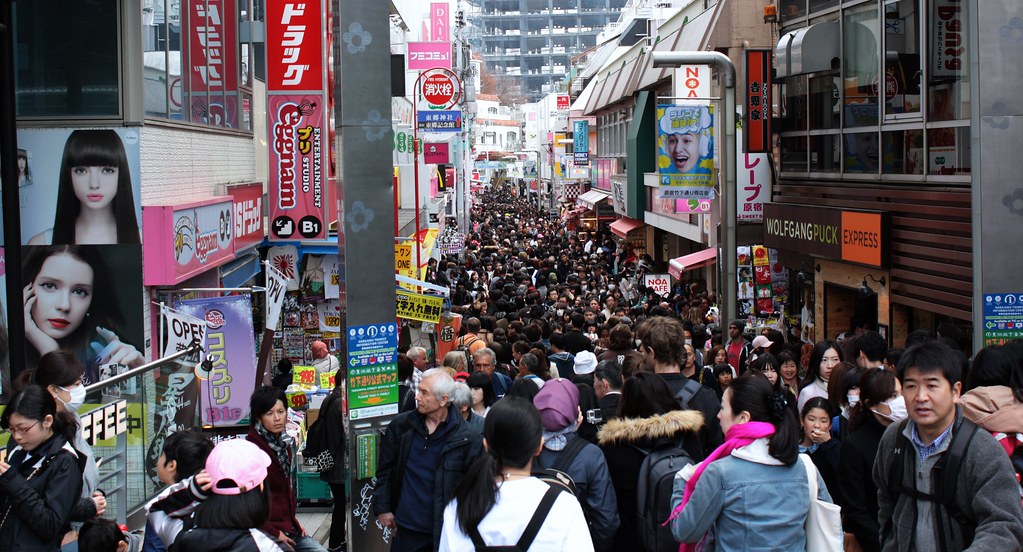The NHK news channel reports that the solutions include giving low-income families a one-time help of 50,000 yen (about $350) and providing subsidies to businesses that provide wholesale energy.
The adopted budget states that the reserve fund for the current fiscal year is 5 trillion yen ($34.89 billion).
Earlier this year, the Japanese parliament approved an additional budget of 2.7 trillion yen ($21 billion) to help businesses and households offset the impact of rising energy and commodity prices.
According to Teikoku Databank, a Japanese research institute, October will set a record for growing food costs, with an increase in 6,000 items. In total, prices for around 8,000 products will rise between September and November. Prices will grow on around 20 thousand products overall in 2022, and there will be an average 14% price hike.
source: nhk.or.jp
The adopted budget states that the reserve fund for the current fiscal year is 5 trillion yen ($34.89 billion).
Earlier this year, the Japanese parliament approved an additional budget of 2.7 trillion yen ($21 billion) to help businesses and households offset the impact of rising energy and commodity prices.
According to Teikoku Databank, a Japanese research institute, October will set a record for growing food costs, with an increase in 6,000 items. In total, prices for around 8,000 products will rise between September and November. Prices will grow on around 20 thousand products overall in 2022, and there will be an average 14% price hike.
source: nhk.or.jp





